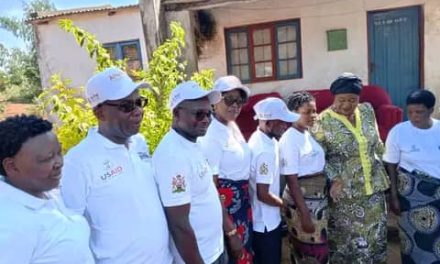
Turning Speeches into Progress: The Challenge For Malawi

As President Chakwera returns from the 79th session of the United Nations General Assembly (UNGA), Malawians are once again left with high hopes and promises for the future. His engagements with world leaders, institutions like the IMF and World Bank, and global investors were aimed at securing Malawi’s path toward economic recovery, food security, and sustainable development. But now, the real challenge lies in turning these high-level discussions into tangible progress that will improve the lives of Malawians.
The President’s speeches in New York were bold, touching on crucial areas like agriculture, tourism, and mining (ATM), and addressing the impacts of climate change. The ATM strategy he advocates for, centered on commercialization, digitization, and climate-smart practices, promises growth. Yet, the question remains: will these ideas materialize into real solutions, or will they stay trapped in rhetoric?
Malawi’s partnerships with global institutions like the World Bank and IMF are key to unlocking this potential, especially as the country grapples with debt restructuring and the need for clean energy investment. But history has shown that such partnerships require more than just promises; they demand accountability and a clear roadmap for implementation. The pledge of K95 billion in grants from the African Development Bank is a positive step, but without efficient distribution and strategic use, it risks being another fleeting opportunity.
As we reflect on President Chakwera’s UNGA engagements, we must also ask: What will be the measurable outcomes of these international trips? What mechanisms are in place to ensure that the deals and agreements made with global partners directly benefit Malawians, particularly in addressing food insecurity and creating jobs?
The challenge for Malawi’s leadership is to ensure that the speeches, bilateral talks, and conferences lead to real change on the ground. President Chakwera has repeatedly stressed the importance of breaking free from the cycle of poverty and unlocking the country’s economic potential. But speeches alone will not solve Malawi’s pressing issues. Action, transparency, and commitment are required to turn international engagements into progress.
Malawians have heard promises before. Now, it’s time for the government to deliver, to ensure that these engagements are not just opportunities for diplomacy, but for real development. The road from New York to Lilongwe is long—but the journey from promises to progress must begin now.






























